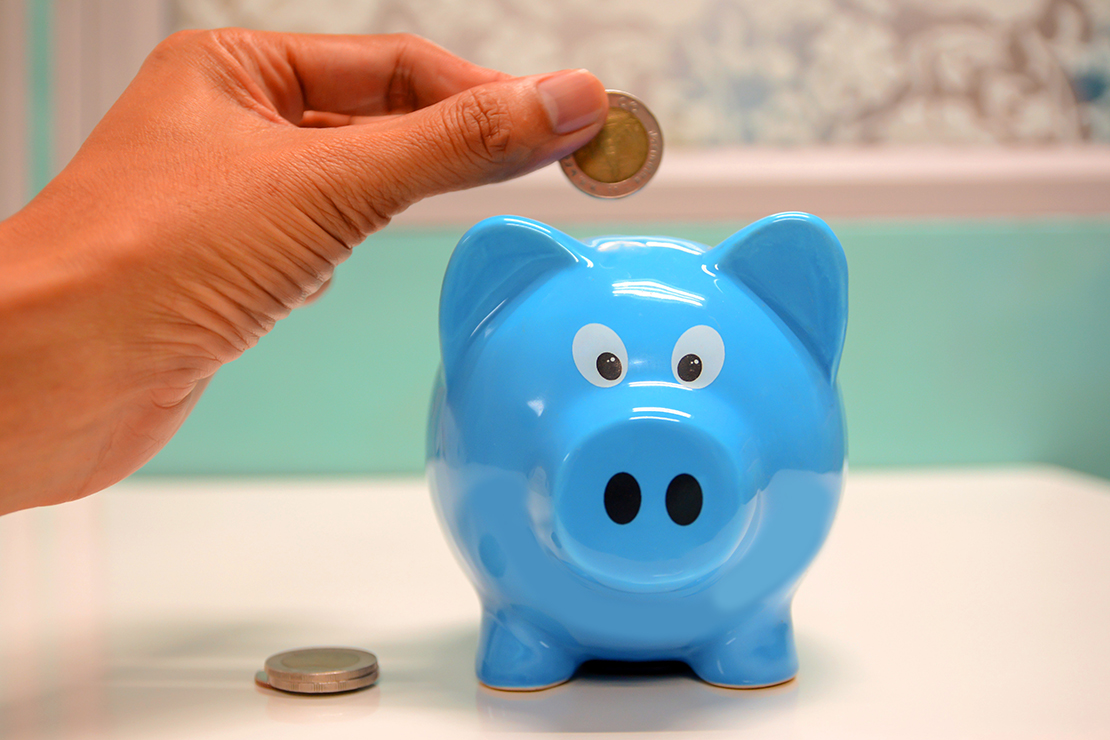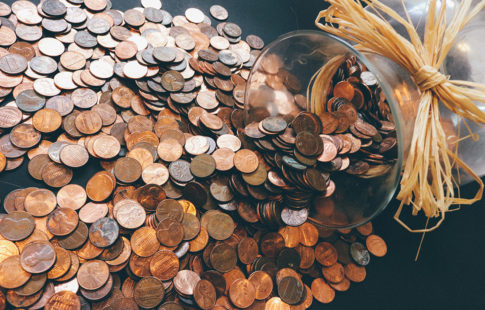Especially as a homeowner, you’re likely to have unforeseen expenses or emergency repairs come up. Unfortunately, though, a 2018 Bankrate survey found that only 39% of Americans can cover an unexpected $1,000 expense with their savings. If something breaks or malfunctions in your home, the unfortunate reality is that you could be looking at hundreds or thousands of dollars to fix or replace whatever’s broken. With an emergency savings fund in place — especially if you’re a homeowner — you might be able to cushion any unexpected blows. Here are a few reasons to start one right now (or if you already have one, to make sure you’re adding to it regularly).
1. An Emergency Fund Could Help You Avoid Additional Debt
When that unexpected expense pops up and if you don’t have an emergency fund stashed away, then you might decide the best option is to pay for it with credit cards. This method could cost you more in the long run, as you’ll also have to pay interest unless you immediately pay off your credit card debt. If you own a home, you might have options like a cash-out refinance that could help you leverage home equity to cover some expenses. However, making big financial decisions in a time of turmoil or emergency might not always be realistic (which is why a healthy emergency fund can come in so handy).
2. An Emergency Fund Could Help You Stress Less
They say money can’t buy happiness, but nearly 9 in 10 Americans agree that nothing makes them happier or more confident than having their finances in order (according to a 2018 survey by Northwestern Mutual). Money is also often cited as a key stressor when finances aren’t quite where you want them to be. In that same survey, nearly half of Americans (44%) indicated that money is their main source of stress — more than personal relationships (25%) and work (18%).
Approximately half of Americans also say that they experience fear (48%), insecurity (52%), or anxiety (54%) about money. The biggest causes of financial anxiety include the rising cost of healthcare, unplanned financial and health emergencies, and level of savings (see the graph below for a better breakdown).
How to Get Started with an Emergency Fund Now
If you don’t have an emergency fund yet, you can always start small. Who knows? You might feel good about watching your savings grow. And here’s a good tip: If you have an employer that offers direct deposit, consider having a portion of your paycheck deposited directly into a savings account so that you won’t be tempted to spend it. Consult your budget, and figure out how much money makes sense for your unique financial situation to stash away for a rainy day (or an emergency).





